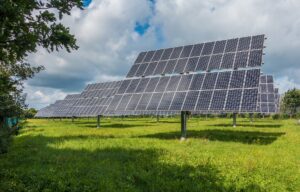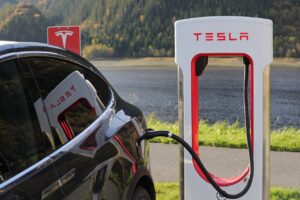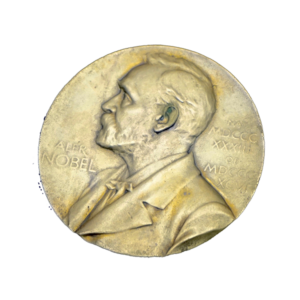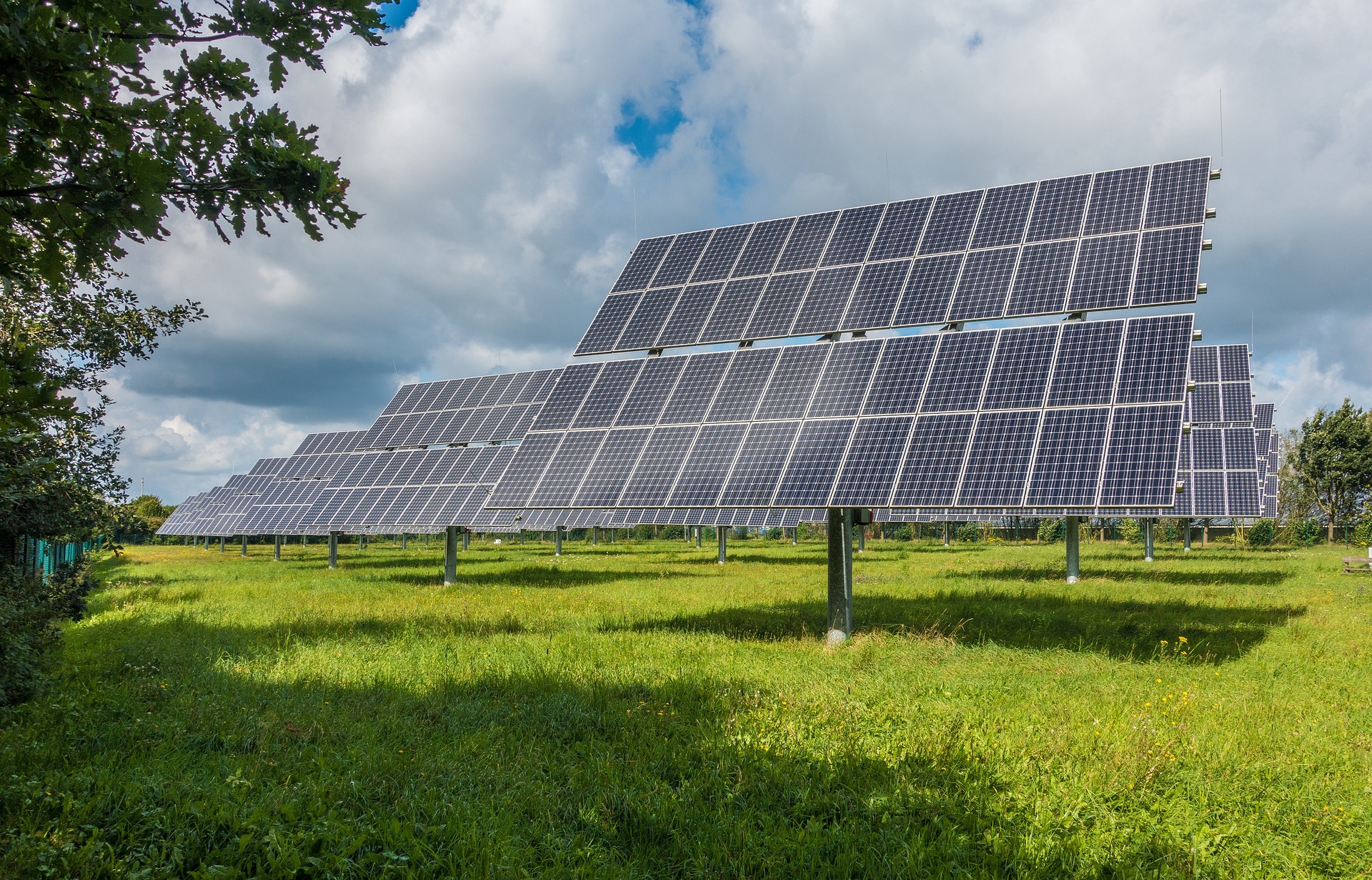Achieving a 90% efficient photovoltaic (PV) solar cell would be a ground breaking achievement that could transform the global energy landscape. Such a breakthrough would likely receive immense recognition, including a Nobel Prize in Physics or Chemistry, given the profound impact it would have on renewable energy and sustainability.
A 90% efficient solar cell would revolutionize power generation by:
Drastically Reducing Energy Costs: With such high efficiency, the amount of land, materials, and infrastructure required to produce solar power would significantly decrease, making solar energy one of the most cost-effective and widely accessible energy sources.
Accelerating the Transition to Renewable Energy: A leap to 90% efficiency would make solar energy not only competitive but superior to fossil fuels in virtually all settings, pushing a faster transition away from non-renewable sources.
Reducing Carbon Footprint: High-efficiency solar cells would dramatically reduce the carbon footprint of electricity generation, helping to combat climate change and support global sustainability goals.
For such a breakthrough to occur, it would likely involve:
Revolutionary Material Science: Discovering or engineering new materials that can absorb and convert almost all wavelengths of light with minimal losses.
Quantum-Level Innovations: Utilizing quantum dots, nanotechnology, or new methods to control and manage electron behaviour in ways we currently can’t achieve.
Thermodynamic Efficiency Enhancements: Finding novel methods to minimize heat losses and maximize photon conversion, possibly involving hybrid systems that combine thermal and photovoltaic processes.
Given the scale of the challenge, this achievement would indeed be Nobel-worthy and likely a defining scientific milestone of the century.
Although no country currently has the capability to achieve a 90% efficient photovoltaic (PV) solar cell given today’s technological and theoretical limitations, some countries like Germany are better positioned to make significant strides toward breaking efficiency barriers. This is due entirely to their advanced research infrastructure, financial resources, and government support for renewable energy innovation.
Germany is known for its leadership in renewable energy and has a well-developed network of research centers like the Fraunhofer Institute for Solar Energy Systems (ISE), which has achieved record efficiencies for PV cells.
The country has a strong culture of engineering excellence, focusing on high-efficiency solar cells and advanced manufacturing techniques.
Government support is robust, with funding directed toward renewable energy technology and infrastructure development.
#NobelPrize





